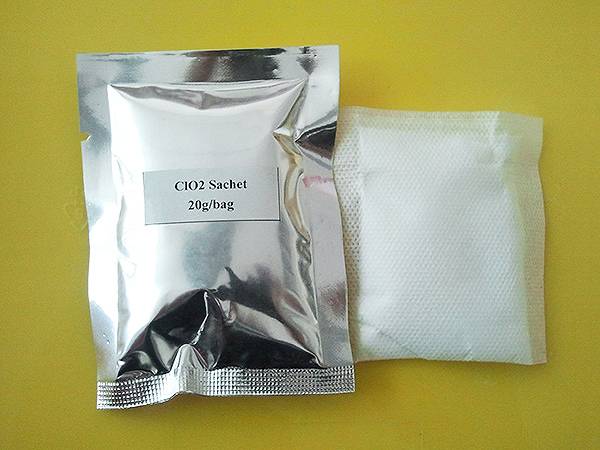



sodium hydroxide cas number
The Role and Importance of Sodium Hydroxide (CAS Number 1310-73-2)
Sodium hydroxide, commonly known as caustic soda or lye, is a powerful alkaline compound with the chemical formula NaOH. Its significance in various industrial applications and everyday uses cannot be overstated. The CAS (Chemical Abstracts Service) number for sodium hydroxide is 1310-73-2, a unique identifier used to provide a standardized way to reference this substance across different databases and literature.
Physical and Chemical Properties
Sodium hydroxide is a white, odorless, and highly hygroscopic solid that is highly soluble in water, producing a strongly alkaline solution. When dissolved, it can increase the pH of the solution to levels above 13, making it a strong base. This reactivity makes NaOH crucial in many chemical processes and production methods. Additionally, it has a melting point of 318 °C and is highly corrosive, capable of causing severe chemical burns.
Industrial Applications
One of the primary uses of sodium hydroxide is in the manufacturing of various chemicals. It serves as a key ingredient in the production of soaps, detergents, and various cleaning agents. Furthermore, it is involved in the synthesis of sodium hypochlorite (bleach) and sodium carbonate (soda ash), both of which have widespread applications in household and industrial cleaning.
In the paper and pulp industry, NaOH plays a vital role in the pulping process, helping to break down lignin and separate cellulose fibers from wood. This process contributes to the production of high-quality paper products. Sodium hydroxide is also essential in the petroleum industry, where it is used in refining processes to remove sulfur compounds and other impurities.
sodium hydroxide cas number

Food Industry and Pharmaceuticals
Sodium hydroxide finds its way into the food industry as well. It is utilized in various food processing applications, including the production of olives, pretzels, and certain types of chocolate. In these processes, NaOH is employed to adjust pH levels and influence texture and flavor. However, the use of sodium hydroxide in food requires strict regulations and monitoring to ensure safety and compliance with food standards.
In pharmaceuticals, NaOH is used in the manufacture of active pharmaceutical ingredients (APIs) and as a pH regulator in many formulations. Its ability to act as a strong base is crucial in various drug synthesis processes, where controlling the pH is integral to the stability and efficacy of the final product.
Safety and Handling
While sodium hydroxide is widely beneficial, it is also important to handle it with caution due to its highly corrosive nature. Exposure to skin or eyes can result in severe burns, and inhalation of its dust or mists can cause respiratory irritation. Therefore, appropriate safety measures, including personal protective equipment (PPE) like gloves and safety goggles, should always be employed in environments where NaOH is used.
Conclusion
In conclusion, sodium hydroxide (CAS number 1310-73-2) is an indispensable chemical in various industries, including manufacturing, food processing, and pharmaceuticals. Its versatility as a strong base allows it to play a crucial role in numerous applications, underscoring its importance in modern industry. However, its handling necessitates caution to ensure safety, as its corrosive properties can pose significant risks. As industries continue to innovate and expand, the role of sodium hydroxide will undoubtedly remain vital in driving advancements in various fields.
-
Why Sodium Persulfate Is Everywhere NowNewsJul.07,2025
-
Why Polyacrylamide Is in High DemandNewsJul.07,2025
-
Understanding Paint Chemicals and Their ApplicationsNewsJul.07,2025
-
Smart Use Of Mining ChemicalsNewsJul.07,2025
-
Practical Uses of Potassium MonopersulfateNewsJul.07,2025
-
Agrochemicals In Real FarmingNewsJul.07,2025
-
Sodium Chlorite Hot UsesNewsJul.01,2025










